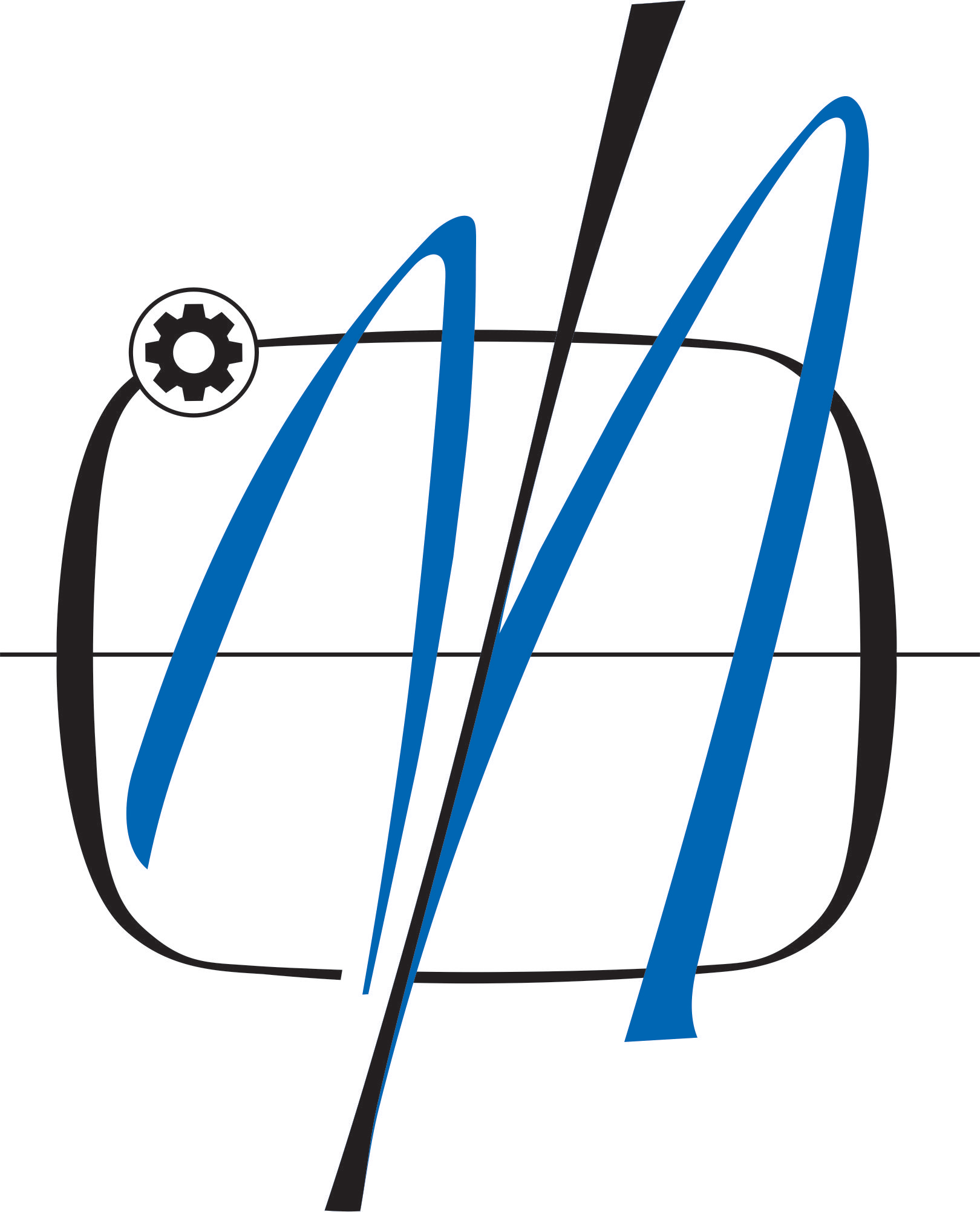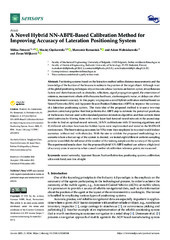Приказ основних података о документу
A Novel Hybrid NN-ABPE-Based Calibration Method for Improving Accuracy of Lateration Positioning System
| dc.creator | Petrović, Milica | |
| dc.creator | Ciezkowski, Maciej | |
| dc.creator | Romaniuk, Slawomir | |
| dc.creator | Wolniakowski, Adam | |
| dc.creator | Miljković, Zoran | |
| dc.date.accessioned | 2022-09-19T19:15:48Z | |
| dc.date.available | 2022-09-19T19:15:48Z | |
| dc.date.issued | 2021 | |
| dc.identifier.issn | 1424-8220 | |
| dc.identifier.uri | https://machinery.mas.bg.ac.rs/handle/123456789/3532 | |
| dc.description.abstract | Positioning systems based on the lateration method utilize distance measurements and the knowledge of the location of the beacons to estimate the position of the target object. Although most of the global positioning techniques rely on beacons whose locations are known a priori, miscellaneous factors and disturbances such as obstacles, reflections, signal propagation speed, the orientation of antennas, measurement offsets of the beacons hardware, electromagnetic noise, or delays can affect the measurement accuracy. In this paper, we propose a novel hybrid calibration method based on Neural Networks (NN) and Apparent Beacon Position Estimation (ABPE) to improve the accuracy of a lateration positioning system. The main idea of the proposed method is to use a two-step position correction pipeline that first performs the ABPE step to estimate the perceived positions of the beacons that are used in the standard position estimation algorithm and then corrects these initial estimates by filtering them with a multi-layer feed-forward neural network in the second step. In order to find an optimal neural network, 16 NN architectures with 10 learning algorithms and 12 different activation functions for hidden layers were implemented and tested in the MATLAB environment. The best training outcomes for NNs were then employed in two real-world indoor scenarios: without and with obstacles. With the aim to validate the proposed methodology in a scenario where a fast set-up of the system is desired, we tested eight different uniform sampling patterns to establish the influence of the number of the training samples on the accuracy of the system. The experimental results show that the proposed hybrid NN-ABPE method can achieve a high level of accuracy even in scenarios when a small number of calibration reference points are measured. | en |
| dc.publisher | MDPI, Basel | |
| dc.relation | Polish National Agency for Academic Exchange [PPN/ULM/2019/1/00354/U/00001] | |
| dc.relation | info:eu-repo/grantAgreement/MESTD/inst-2020/200105/RS// | |
| dc.relation | info:eu-repo/grantAgreement/ScienceFundRS/AI/6523109/RS// | |
| dc.relation | Polish Ministry of Science and Higher Education [WZ/WE-IA/4/2020] | |
| dc.rights | openAccess | |
| dc.rights.uri | https://creativecommons.org/licenses/by/4.0/ | |
| dc.source | Sensors | |
| dc.subject | ultra wide band | en |
| dc.subject | positioning systems | en |
| dc.subject | non line of sight | en |
| dc.subject | neural networks | en |
| dc.subject | calibration | en |
| dc.subject | Apparent Beacon Position Estimation | en |
| dc.title | A Novel Hybrid NN-ABPE-Based Calibration Method for Improving Accuracy of Lateration Positioning System | en |
| dc.type | article | |
| dc.rights.license | BY | |
| dc.citation.issue | 24 | |
| dc.citation.other | 21(24): - | |
| dc.citation.rank | M21 | |
| dc.citation.volume | 21 | |
| dc.identifier.doi | 10.3390/s21248204 | |
| dc.identifier.fulltext | http://machinery.mas.bg.ac.rs/bitstream/id/2119/3529.pdf | |
| dc.identifier.pmid | 34960309 | |
| dc.identifier.scopus | 2-s2.0-85120773896 | |
| dc.identifier.wos | 000737363800001 | |
| dc.type.version | publishedVersion |


